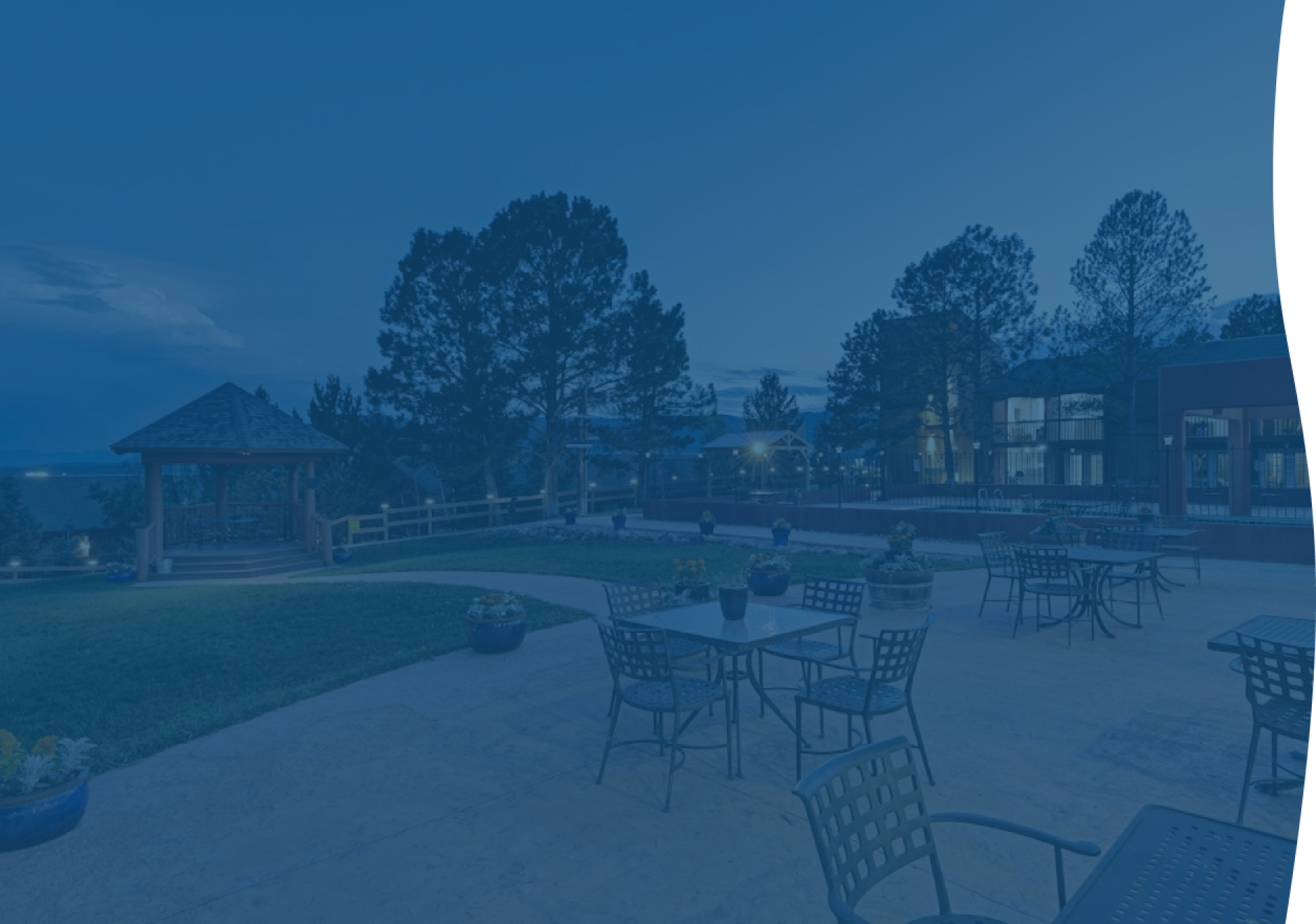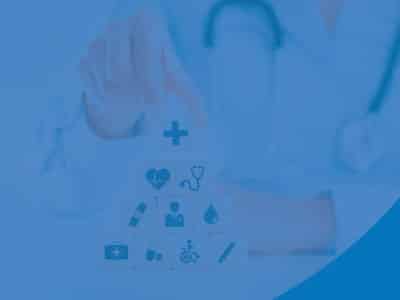Thornton, Colorado, may seem like an idyllic vacation spot, but it hasn’t escaped the opioid overdose crisis. It badly needs more alcohol and drug treatment, including non-12-step rehab treatment in Thornton, CO.
The Need for Non-12-step Rehab in Thornton, CO
On Dec. 1, 2021, the US Drug Enforcement Agency (DEA) seized eight pounds of the potent opioid heroin and , a synthetic opioid that is up to 50 times more potent. The DEA bust also netted 13 pounds of methamphetamine and 24 pounds of cocaine.
Colorado’s steep rise in drug overdose deaths is due to fentanyl. While the overall rate increased almost 40% from 2019 to 2020, Colorado’s fentanyl-overdose death rate more than doubled.
Thornton’s other problem drugs are worse in some ways. Stimulants such as meth and cocaine can kill but don’t have as many treatment options as opioids or alcohol.

Why 12-Step Treatment is Not Enough
Many people with substance use disorders first try to quit with the help of a 12-step program such as Alcoholics Anonymous (AA) or Narcotics Anonymous (NA). The programs are free and widely and frequently available.
AA and similar groups such as Narcotics Anonymous are non-professional, peer support fellowships that are quasi-religious or faith-based. That can be a problem for those of a scientific bent with a different or no faith.
Although 12-step programs aren’t a treatment per se—there are no medical or psychiatric professionals, just other people with substance use disorders (SUD) sharing their experiences—politicians, judges, and even many SUD specialists favor them.
Many rehab programs in Thornton, CO, incorporate some version of the twelve steps. In addition, many use twelve-step Facilitation to encourage people with SUD to join a 12 step group.
While 12-step programs have anecdotal evidence of their success—and a 2020 scientific study seems to confirm it—not everyone with a SUD will benefit from a 12-step program. That’s not a criticism of 12-step programs; no single treatment alone works for everyone. There simply needs to be alternatives.
A 2018 study found that non-12-step treatment in Thornton, CO, can be just as effective. For some people with substance use disorders (SUD), these non-12-step programs may work better than the twelve steps.
What is Non-12-step Treatment in Thornton, CO?
Non-12-step treatment in Thornton, Colorado, refers to alternatives to the twelve steps, which originated with Alcoholics Anonymous.
Non-12-step rehabs in Thornton, CO, include:
- Any similar peer support fellowship that does not use the twelve steps.
- Any similar peer support fellowship that doesn’t reference faith or God.
- Any treatment plan that uses evidence-based behavioral therapy.
- Any treatment plan that uses medication-assisted treatment.
- Any treatment plan that uses holistic treatments or complementary or alternative medicine (CAM).
The best non-12-step rehab programs in Thornton, CO, will have elements of more than one program.
Non-12-step support groups
Non-12-step support groups include:
- SMART Recovery (Self-Management and Recovery Training). A secular or science-based Four-Point Plan that emphasizes developing self-reliance, not powerlessness.
- LifeRing Secular Recovery. A network of support groups with a 3-S philosophy: Sobriety, Secularity, and Self-Help.
- Women for Sobriety (WFS). A women-only group that uses 13 Acceptance Statements to improve the low self-esteem leading to substance use disorders as a coping mechanism.
- Secular Organizations for Sobriety (SOS). A group that advocates for sobriety through personal responsibility and self-reliance.
There are at least two groups, based on Buddhist principles, though open to all:
There is also a program for Indigenous Americans called the Wellbriety movement.
Evidence-based Treatments
Evidence-based treatments for SUD include:
Behavioral therapies
- Cognitive-behavioral therapy (CBT).
- Dialectical behavior therapy (DBT).
- Motivational enhancement therapy (MET).
- Contingency management.
- Matrix Model. A combination of the above treatments, plus twelve-step facilitation.
- Assertive Community Treatment.
Medication-assisted treatment
Medication-assisted treatment (MAT) is the use of drugs to help people stop using alcohol or opioids by reducing the withdrawal symptoms or blocking the pleasurable effects of substance use. MAT also may include antidepressants and antipsychotics.
An opioid overdose can be reversed with naloxone (Narcan). Opioid withdrawal can be prevented or lessened with replacement opioids such as buprenorphine (Suboxone) or methadone, making it easier to taper off opioid use.
While opioid use may begin with legal prescriptions, stimulant drugs meth and cocaine are always illegal and have no generally accepted MAT.
Holistic treatments
Also known as complementary and alternative medicine (CAM), holistic treatments are meditative, nutritional, and physical practices for pain suppression and treatment of mental health disorders such as stress, anxiety, and trauma. Examples of holistic treatments are:
- Acupuncture.
- Yoga, tai chi, qigong, and other meditative movement practices.
- Mindfulness meditation.
- Neurofeedback.
- Art therapy, music therapy, and dance therapy.
- Massage therapy.
- Horse-assisted therapy.
- Transcranial magnetic stimulation.
For whatever reason, very few people who need addiction treatment—12-step or non-12-step rehab treatment in Thornton, CO—get it or stick with it.
According to the Colorado Department of Public Health and Environment, in 2020, the state’s drug overdose death rate was up almost 40% from 2019.
Of the 1,477 recorded drug overdose deaths:
- Opioids: up 54% (956)
- Fentanyl: up 243% (540)
- Heroin: up 4% (220)
- Prescription drugs: up more than 80% (798)
- Methamphetamine: up 50% (525)
Cocaine: up 62% (219)
Because the rate of substance use disorders is increasing despite the widespread availability of 12-step rehab, non-12 step rehab in Thornton, Colorado, is a necessary option.
Sources
Medical disclaimer:
Sunshine Behavioral Health strives to help people who are facing substance abuse, addiction, mental health disorders, or a combination of these conditions. It does this by providing compassionate care and evidence-based content that addresses health, treatment, and recovery.
Licensed medical professionals review material we publish on our site. The material is not a substitute for qualified medical diagnoses, treatment, or advice. It should not be used to replace the suggestions of your personal physician or other health care professionals.








